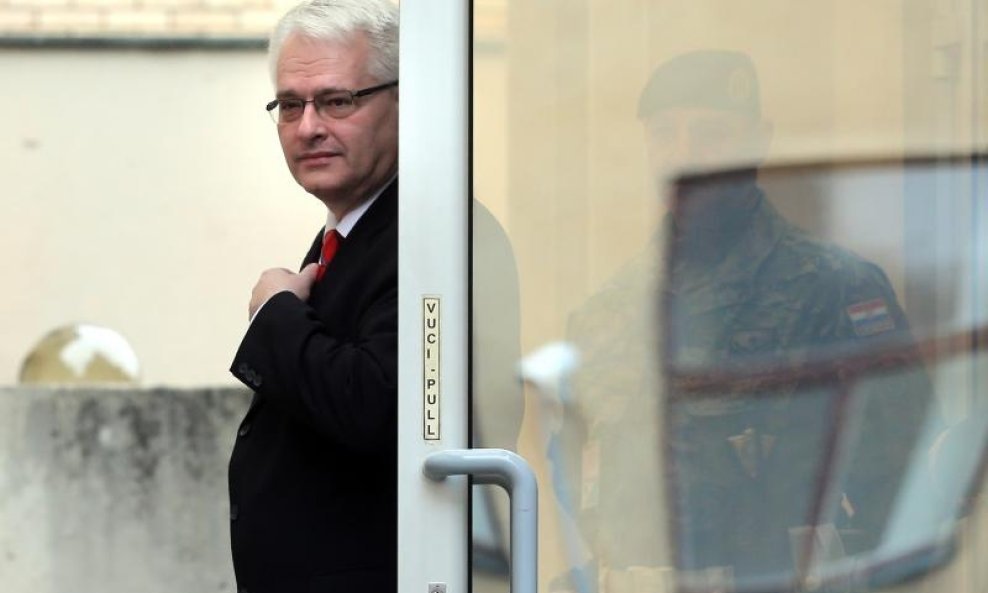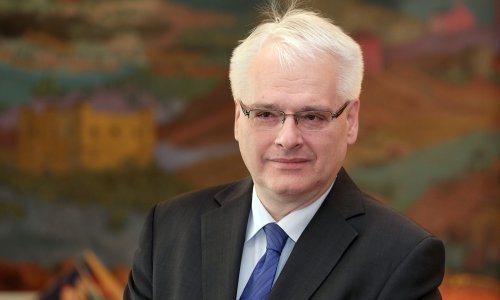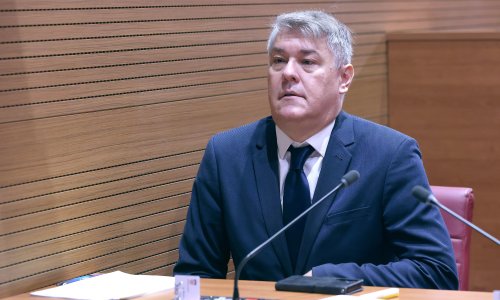Introducing the institute of personal bankruptcy, amending the Foreclosure Act, supervising models to define interest rates, proposing debt write-off, rescheduling and issuing a moratorium on servicing loans in case when borrowers are in a very difficult situation, or converting the Swiss franc-pegged loans are some of 20 recommendations which Croatian President Ivo Josipovic forwarded to the government and parliament on Saturday in an attempt to help ease problems faced by over-indebted citizens.
The president today convened a joint session of his Economic Council and the Social Justice Council to address problems faced by ordinary citizens as a result of the current recession.
The key to the solution of the debt crisis are the economic recovery and creation of new jobs. However, while we are waiting for the recovery to happen and more jobs to be created, we cannot silently watch an increasing number of citizens and families sinking into poverty, Josipovic said.
Therefore, it was recommended that the institute of personal bankruptcy should be introduced for those who are no longer able to service their debts, so that they can start anew with the repayment of their debts in accordance with their means. In such cases, a portion of debt should also be written off.
The councils underscored the problem of disparity between initially low debts and subsequent high costs of foreclosure, which was why they called on the government and local government units to decide on imposing lower limits for launching foreclosure proceedings so that no such proceedings are initiated in cases when the debt is below HRK 5,000.
Amendments to the Foreclosure Act should treat one's dwelling place as a necessity of life, so that the debtor would not be evicted from their home during the foreclosure.
The proposed amendments also stipulate that it should be considered that a debtor has serviced their debt when having paid two-thirds of the value of the property in question.
Josipovic urged the Croatian National Bank (HNB) as an independent regulator to take over supervision over preparing formulas to define interest rates. He called for amending the legislation so as to change models for defining default rates, and urged successful companies and well-off citizens to set up a solidarity fund to support various social welfare projects.
Deputy Finance Minister Boris Lalovac spoke about the government debt crisis, highlighting that this year Croatia should pay HRK 11 billion only for interest rates.
We are taking new loans only to pay back interest rates, while we still cannot repay the capital sum, Lalovac said.




































